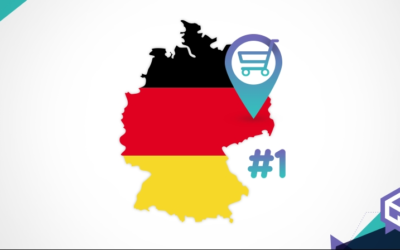How to choose a company for a non-resident: AG, UG or GmbH
In Germany, non-residents can register three types of companies: AG (Joint Stock Company), UG (a company with an authorized capital of 1 euro and simplified requirements for registration documents), or GmbH (analogous to our LLC).
Let’s start with Germany’s most popular form of business activity —GmbH. The founders of such a company do not need to permanently reside in the country, be its citizens or residents. But when signing the constituent documents (this happens at the notary), the presence of the director and at least one of the founders is mandatory. The director and founder can be the same person, which will simplify registration.
Requirements for the authorized capital of GmbH – 25,000 euros. If there are several founders, then it is enough to deposit half of this amount at the time of registration. The remaining funds must be credited to the account during the first year of activity. Money from the authorized capital can be used to develop the business immediately after opening.
If you don’t have an extra 25 thousand euros (or at least 12,500), you can register a mini-GmbH (or UG) in Germany. The main advantage of such a company is its authorized capital, which can be 1 euro. The registration document requirements for UG are simplified, making registering easier. However, mini-GmbH has significant disadvantages: you will not be able to dispose of all profits freely; 25% of it must be contributed to the authorized capital until it exceeds 24,999 euros (when this happens, the mini-GmbH can be re-registered as a regular one). In addition, potential partners and banks are very skeptical about UG enterprises; in their eyes, such a company is insolvent: who would want to deal with a company whose authorized capital is 1 euro?
AG is an option for wealthy non-residents to start a business in Germany. The minimum authorized capital is 50 thousand euros; a quarter of this amount must be contributed at registration. AG shares can be registered or bearer; a register of shares must be maintained.
An AG company must have at least 1 shareholder, 1 board member, and 3 supervisory board members. It is not necessary that there are citizens or residents of Germany among them. The chairman of the board of a German joint stock company can also be a non-resident.























































